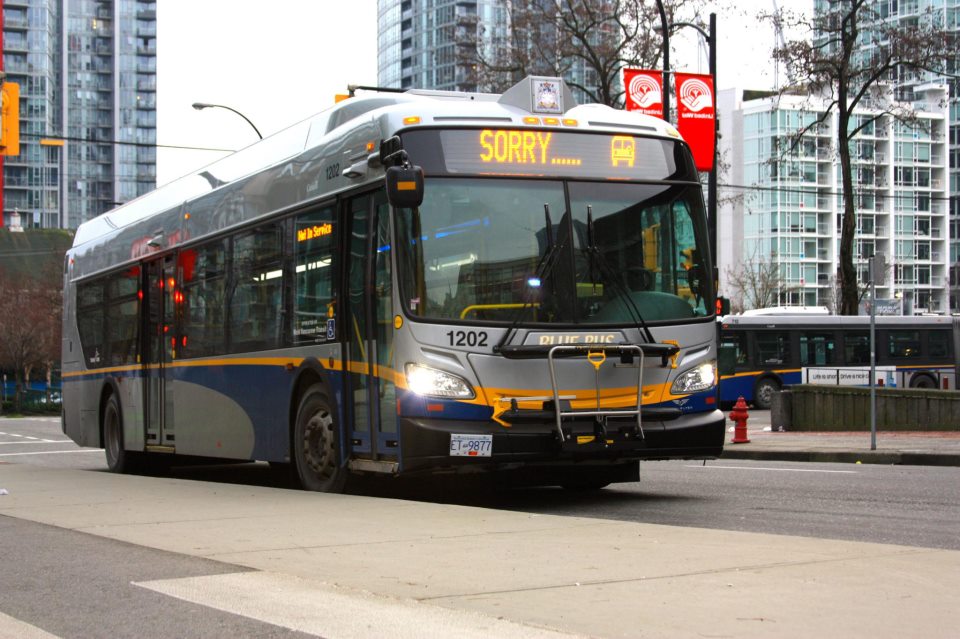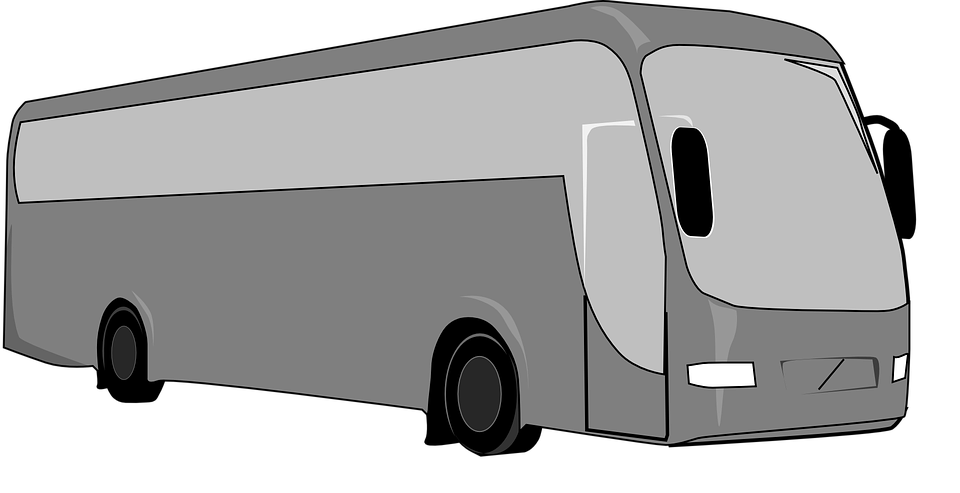For The Transit Fans: Industry Perspectives: Public VS Private Options
Public Transit is a need for millions of citizens everyday, and because it provides an essential service the day to day execution of that service must be as consistent as possible. However sometimes corporate greed and profits and overshadow customer service and safety.

West Vancouver Transit New Flyer Xcelsior XDE 40
Overview: The day to day operation of any transit service is an expensive undertaking, and this is where the issue begins. Most transit services are funded with taxpayer money, the transit workers are government employees and the vehicles used are owned by the government as well. This is called the Public Option. Most major cities operate their transit networks this way because it means they have full control of the system and decisions are made directly by the government. However some governments do not have enough money to effectively run their transit agencies (or wish to spend money on other things) and hire a private contractor. These are private companies which specialize in operating public transportation networks for an annual fee. This is the Private Option. The Workers are not government employees, The taxpayer money is given to the private company to operate the system, and sometimes the vehicles are not owned by the government.
Both have pros and cons but it is widely accepted that the public option is better for the workers who run the system and the riders who depend on it every day.
Private Operators:

Founded: 1999 (after acquisition of Laidlaw)
Main Office: Cincinnati, Ohio
Corporate Offices: Aberdeen, Scotland
Industry: Fixed Route, Paratransit, School Bus, Shuttle Bus Operations, Vehicle Management Services
First Transit is the American Subsidiary of British Multinational transportation conglomerate First Group. First Group acquired several American private transportation firms and merged them into one of the largest private operators in the United States. First Transit handles public transportation services while its twin company First Student operates private school bus operations for school districts.

Founded: 2011
Main Office: Paris, France
Services: Fixed Route, Paratransit
Formerly called Veolia Transportation, Transdev is a French transportation company operating transit networks all over the world. It sees most of its business in the Francophone countries. Transdev's U.S. operations have grown to service over 10 major U.S. cities and many smaller municipalities.

Founded: 1975
Main Office: Dallas, Texas
Services: Fixed Route, Paratransit
MV Transportation is the largest private transit operator in the United States. It operates over 190 contracts in 28 states, Canada and Saudi Arabia.
Benefits of Private Option: Because the day to day operations of the transit system are run by the private contractor, it is often the cheaper option to choose for local governments. Private Contractors are paid by the Government with Taxpayer money to operate the service but the fares collected always go back to the Government. The Government doesn't have to worry about planning routes, setting fares or maintenance of vehicles because this is all handled by the contractor. The Government often appoints a liaison to oversee the contractor to ensure standards are adhered to.
Consequences of Private Option: When public transit services are privatized, the contractor has an incentive to keep as much of the money given to them by the government. The Contractor will often keep money meant to operate the service, and this leads to problems. Contractors will refuse to spend money on Bus maintenance leading to unsafe buses. Paying lower wages creates higher turnover rates. Not paying bus drivers enough money leads to less talented drivers behind the wheel, thus that transit system will have a far higher accident rate. Because the workers of the transit system are not government employees, they are often paid less and do not receive benefits. Transit workers are are sometimes denied their legal right to unionize because the contractor will threaten to fire them.

Montgomery County (Maryland) Transit Ride On Gillig Low Floor
In Montgomery County, Maryland the County Government hired First Transit as a contractor to operate its Ride On Bus service. Montgomery County, Maryland is one of two counties in the state which border Washington DC and many of the commuters rely on public transport to get to their jobs in the government. First Transit began to slack in service and buses did not arrive on time, driver and mechanic wages were cut and the company asked for more money to operate the service. The county eventually restored the public option and service has improved so much they have expanded and added more buses and routes because ridership is so high.
Look into your local transit agency and see if your network is public or privately operated.
-
 1
1




2 Comments
Recommended Comments
Create an account or sign in to comment
You need to be a member in order to leave a comment
Create an account
Sign up for a new account in our community. It's easy!
Join the herd!Sign in
Already have an account? Sign in here.
Sign In Now